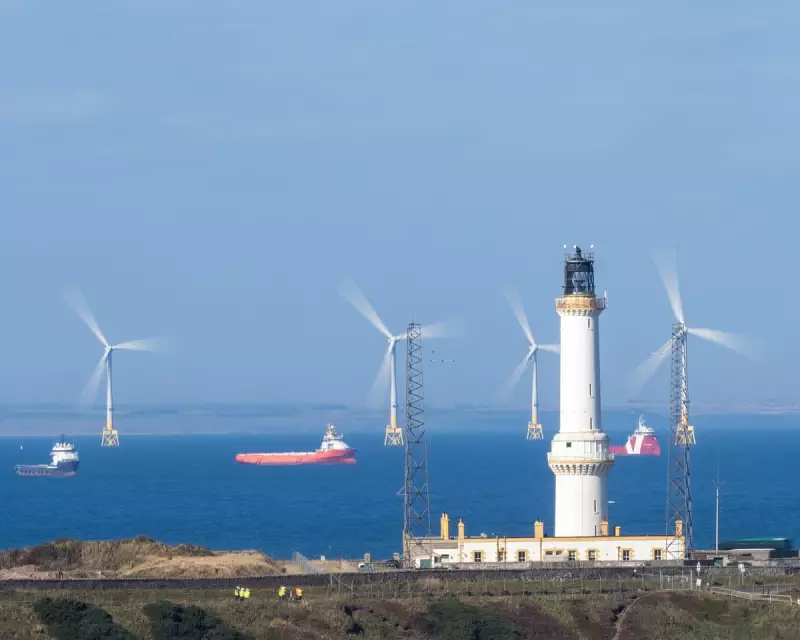
The UK government is preparing to exempt major offshore windfarm projects from stringent new nature regulations, in a move that could dramatically accelerate the country's renewable energy expansion.
According to exclusive reports, ministers are considering allowing offshore wind developments to bypass the Biodiversity Net Gain (BNG) requirements that will soon become mandatory for most construction projects across England.
Balancing Green Energy and Environmental Protection
The proposed exemption reflects the government's growing concern that environmental regulations could hamper progress toward its ambitious climate targets. With a legally binding commitment to achieve net-zero emissions by 2050, and a specific goal of generating 50GW from offshore wind by 2030, officials are seeking ways to remove potential barriers to renewable energy development.
Under the current BNG rules, which came into force earlier this year for larger developments, projects must demonstrate a 10% net gain in biodiversity, either through on-site habitat creation or by purchasing credits from approved nature recovery schemes.
Industry Pressure and Environmental Concerns
The offshore wind industry has been lobbying heavily for such exemptions, arguing that the additional regulatory burden and costs could delay crucial projects and undermine the UK's energy security strategy.
However, environmental groups have expressed alarm at the potential carve-out. They warn that exempting massive industrial projects from nature protection rules could have devastating consequences for marine ecosystems and set a dangerous precedent for other sectors.
"We're facing both a climate crisis and a biodiversity crisis," said one conservation expert who wished to remain anonymous. "Solving one by worsening the other is short-sighted and ultimately counterproductive."
What This Means for UK's Renewable Future
The exemption would apply specifically to offshore wind projects in the planning pipeline, potentially affecting developments capable of powering millions of homes. Government insiders suggest the move is necessary to maintain the UK's position as a global leader in offshore wind technology.
Critics within the environmental movement argue that renewable energy projects should be leading by example in demonstrating how development can coexist with, and even enhance, natural habitats.
The final decision is expected to be announced as part of a wider package of energy security measures in the coming weeks, with the government walking a tightrope between its climate commitments and environmental protection obligations.





